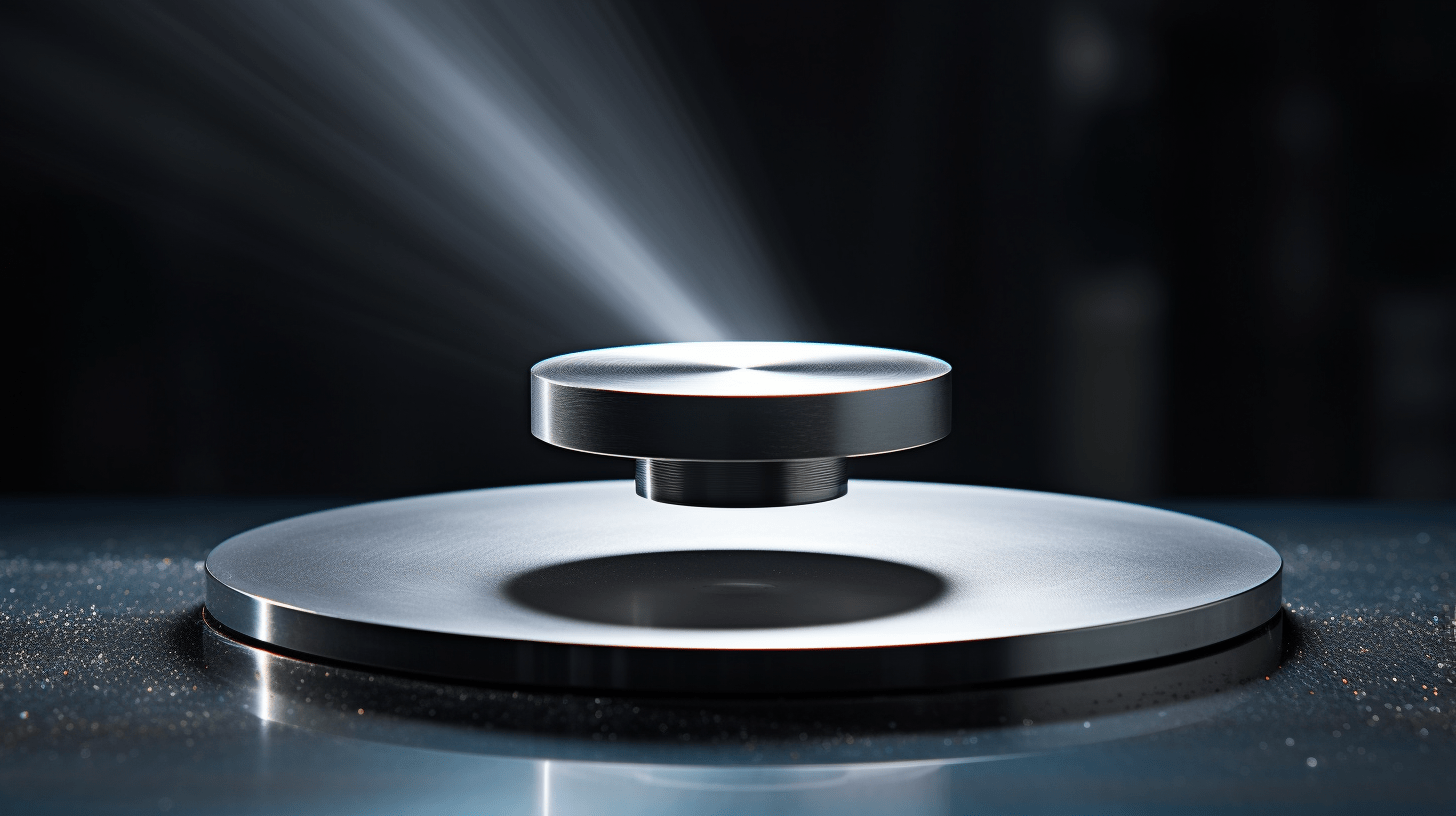As the dream of LK-99 faded, I asked a quantum computing expert what a room-temperature superconductor would mean for classical computing, quantum computing, AI - and what he thinks of the would-be wonder material.
Researchers in Korea recently reported achieving superconductivity at room temperature and ambient pressure in a new material called LK-99. If confirmed, this discovery is thought to revolutionize power transmission, computing, and AI. Most superconducting materials only superconduct near absolute zero or at very high pressures and are used only in special applications such as MRIs or particle accelerators.
While the final verdict is still out - although it doesn't look too good right now - I spoke on Thursday with physicist and quantum computing researcher Dr. Sam Stanwyck from Nvidia to find out how and if a room-temperature superconductor would transform classical computing, quantum computing, and AI - and what he thinks of LK-99.
"The potential to be transformative for just about every area of technology"
"A superconductor is a material with a very interesting set of properties, the most important being that below a certain temperature, it conducts electricity with zero resistance and therefore zero power dissipation, zero energy loss," the researcher told me. "From an application perspective, the ability to conduct electricity with zero power loss has the potential to be transformative for just about every area of technology."
Dr. Stanwyck explained that if LK-99 can superconduct at room temperature, it would enable transformative new technologies. Long-distance power grids could operate without losses. Electronics and computing could become much more energy efficient by eliminating resistance in processors and interconnects. Fields like nuclear fusion power would also become more viable without the need for massive cooling systems.
Dr. Stanwyck cautioned, however, that "there's a very long and uncertain path from discovering a promising new material to actually it being widely available in commercial applications". Other once-promising materials, such as graphene, took decades to make a commercial impact, he said.
"This is especially true in computing because everything from the fabrication process to the architecture to the software is so precise and so specialized" that it would generally take a long time for new technologies to impact computing.
The cancellation of IBM's Josephson computer technology project in 1983 comes to mind: Problems with the planned high-speed memory chip delayed the computer long enough for IBM to realize that classic semiconductors would catch up, and the company canceled the project.
A room-temperature superconductor would probably first be used in interconnects in supercomputers
So even if LK-99 is real or a similar material is found, Stanwyck says the next set of questions would be, "How stable is it and how easy is it to make?" There are copper oxide-based superconductors developed in the 1980s that work at higher temperatures, "but they're less used in applications because they're tricky to work with," he told me. This would be even more important in the micro- or nanofabrication processes needed for computing.
Rather than replacing existing technologies like transistors, he expects such materials to be used first for interconnects in supercomputers. "The vast majority of the power cost of today's computers and supercomputers comes from moving the bits between logic operations rather than the logic operations themselves," he said. There, LK-99 or something like it could have a huge impact on energy-efficient computing, which is already important and growing in importance.
So no sudden explosions in computing power - and AI - even if a room-temperature, ambient-pressure superconducting material were found. Instead, we would see energy-efficient systems and perhaps more of them - but Stanwyk does not expect a dramatic step change in available compute.
What about quantum computing?
According to the expert, there is a common misconception: "We have superconducting qubits, which are qubits made of superconducting circuits. These are typically very, very cold. And if we had a room-temperature supercomputer, maybe we wouldn't need to keep quantum computers cold. That is not true," Stanwyk said.
There are many reasons to make a quantum computer very cold, he explained, and in the case of the superconducting qubits, it's actually to reduce noise, which quantum computers are very sensitive to. "So I don't expect these considerations to change much with new superconducting materials."
But they would be very useful for cooling, which often involves superconducting magnets, and as interconnects, since quantum computers would need to work with classical computers in an integrated system.
"We're seeing what GPUs can do for AI, and it's unclear where the limit is"
When I asked him about applications of AI in quantum computing and whether we should expect dramatic changes in AI capabilities in the future, he told me that for the initial applications of quantum computing and for the most likely value applications of quantum computing, "we should first look at areas where the rest of the accelerated compute industry has hit something of a wall or is really struggling."
"We're seeing what GPUs can do for AI, and it's unclear where the limit is." With that unlikely to change soon, there are far better applications, such as simulating a molecule, "where there are hard physical limits to what any non-quantum computer can do."
While AI is unlikely to run on quantum computers for some time, it is already being used in quantum computing, Stanwyk told me - for example, to do decoding for quantum error correction. "And as this evolves, we expect quantum computers to be connected to supercomputers and accelerate kernels where they have an advantage, and in turn benefit from the accelerated computer."
LK-99: "The jury is still out"
When I asked him what he thought about LK-99, he told me that he considers LK-99 to be an exciting material, but that he has not seen convincing evidence that it is indeed a room-temperature superconductor.
"I know that a high percentage of the leading groups in the room have dropped everything and are working on replicating this. So I expect a lot more clarity in the coming weeks and months," he said.
Check out Dr. Sam Stanwyck on LinkedIn.






